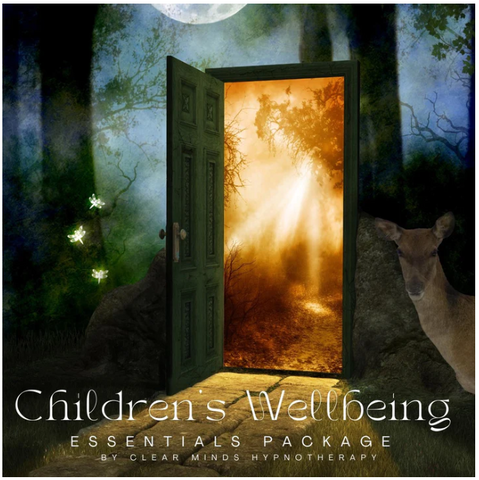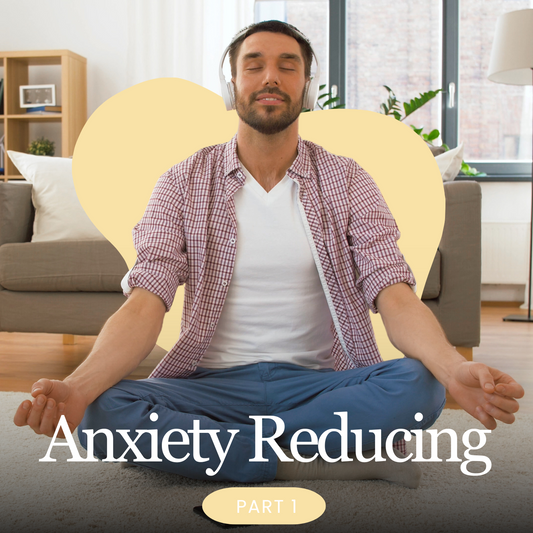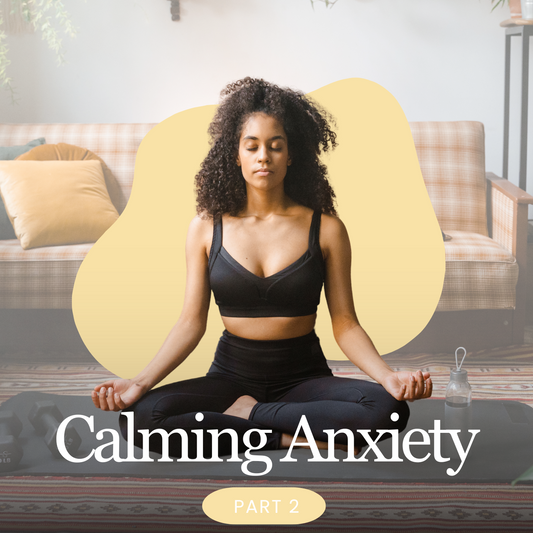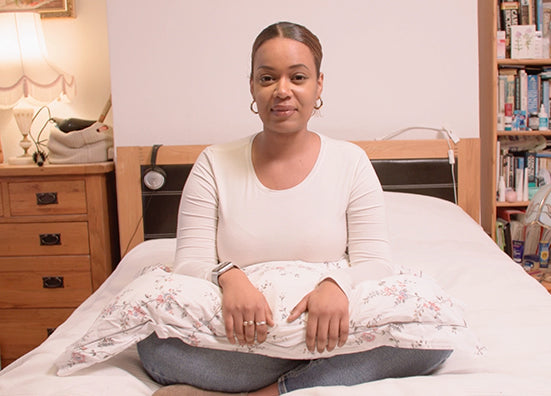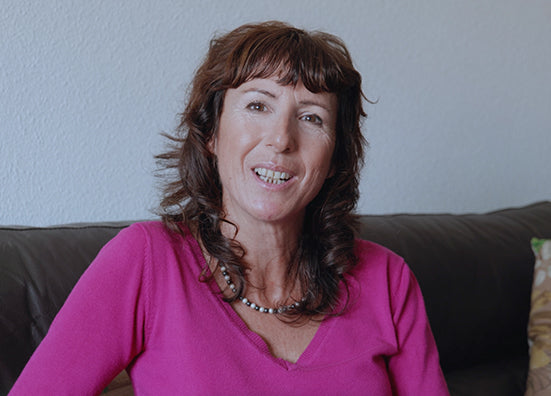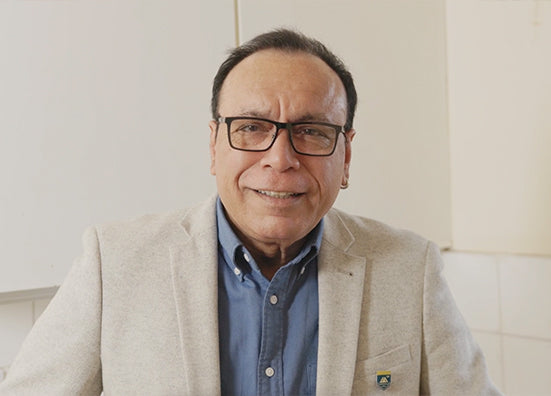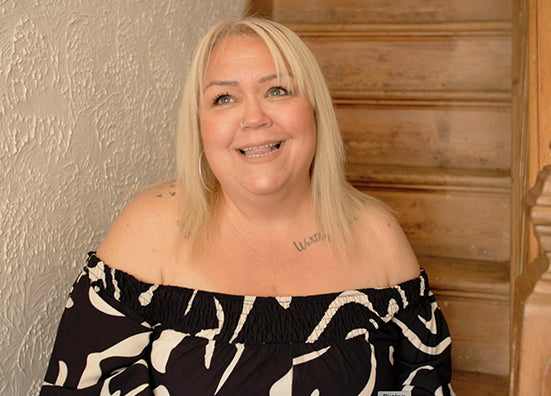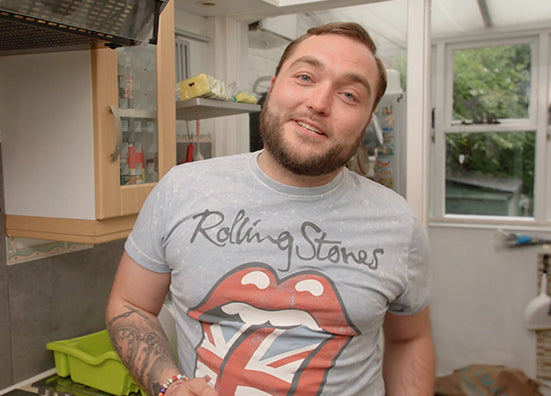Terri: Ok, everyone wants their kids to feel confident and positive, so what is the best way to achieve that? Why do some kids seem to lack confidence no matter how much positive reinforcement they get?
Dominique: Well, until recently the strongest school of thought on this was that in order to make kids feel great about themselves we need to praise them for everything they do. We've all heard (or been) parents saying 'good job!' enthusiastically at the slightest effort our kid makes. After all, we want them to know that we're proud of them, that we love them, that we think they're amazing.
Terri: Well, yeah we do. It's especially common in the US to hear parents saying 'good job' to their kids, or clapping when they slide down a slide. Is that not helping the kid though?
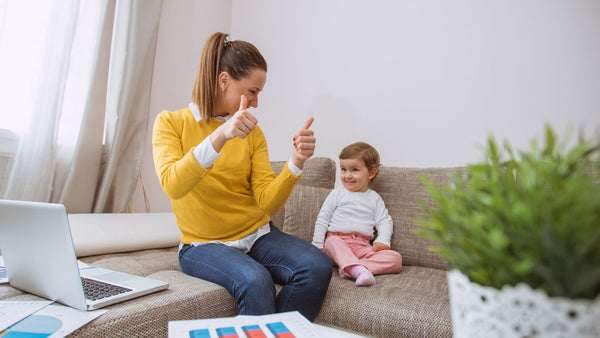
Dominique: Actually, no, it's not. In study after study we see that kids who are praised for what they do or produce (rather than the effort they put in), actually tire quicker of doing that thing, and have less enjoyment during the experience. They show more anxiety and also tend to go on to prefer doing things that will allow them to showcase their skill rather than learn anything new.
Terri: OK...that makes sense. I can see how we would be setting kids up to think they have to please us and keep the praise coming, rather than actually exploring and being free to make mistakes and figure things out.
Dominique: Yes...if from an early age we comment on everything our child is doing with OUR opinion of it, we are really centering ourselves in the child's experience. We are saying, in effect, 'focus more on ME and what I think of you, than on your OWN experience, thoughts and feelings'. You can imagine what that slowly does to a child over time...they become very dependent on outside opinions for their self worth, and they really lose connection with their own feelings, opinions and desires.
Terri: But we do this to kids all the time. Even classrooms are mostly set up for kids to compete for the teachers good opinions. To not make mistakes, to not think outside the box, or satisfy their own curiosity.
Dominique: Yes, and then we wonder why they are so easily influenced by peers or negative factors when they become teenagers and our voices are not the loudest ones they hear. We have spent all those years training them not to listen to themselves, but to rather seek outside validation, and then when they shift that to their peer group and social media etc, we are shocked and surprised.
Terri: Wow, you are right. So...how do we give them feedback without over-praising them or making them dependent on our opinions over their own?
Dominique: Well, ultimately we want them to retain their focus on their own inner experience, so there's a couple of responses that I like to use. The first is to comment only on their choices and their effort, rather than their outcome. So, for example, if a child wants to show you the picture they just made you could basically just describe it to them, rather than saying how great it is, or how great they are for making it. So instead of "oh wow, you're so clever, that's beautiful!", you would say something like "oh look, you've painted that house red...and look at all those little dots...they're so colorful!" You are looking and admiring, and they can feel your happy energy, but you are talking directly about the choices they made and what you see, not praising them for .
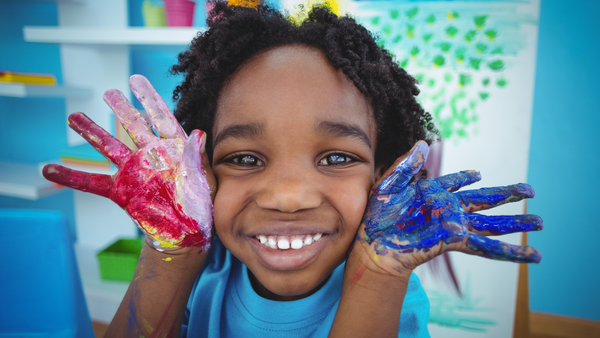
The second is to turn the question back on them...to point them in the direction of their own opinion. So "wow, you worked so hard on that...do you like it? What are you favourite things about it? What was the hardest part?" so that they learn to ask themselves those questions, rather than first jumping to 'I wonder if they will like it'. You want the child to enjoy the process, not the praise, because that way they continue to learn and push themselves, rather than just jumping through hoops to please us, or the teacher, or their peers.
Imagine, for example, if you accomplished something important at work. You come home and tell your partner and they say "That's so great, I'm so proud of you". Now imagine if they say "That's so great, you should be so proud of yourself".
Can you feel the difference? It's subtle but definite. The first example centers them, not you. It's about how THEY feel. The second one acknowledges you and turns your attention back to yourself.
Terri: Yes, I can see those are very different approaches than we usually give kids. Thank you for the examples so we can wrap our heads around it a bit.
Dominique: You're welcome! Ultimately a child's confidence and positivity comes from their own sense of self and accomplishment, not from someone else's praise. Use every opportunity to turn their attention back to themselves, even when things are tough. For little kids who come to you and say "so and so said I'm mean and ugly", you can simply say "well, do YOU think you're mean and ugly?" Most little kids will say "NO" and so you've helped them go back into their own knowing instead of focusing on the one from the outside. These are the ways we can foster that deep self confidence in them as they begin to venture into the world and come up against other people and their opinions. We can only truly know ourselves from the inside, otherwise we're just a mishmash of other people's ideas about us and we can never truly feel safe, jumping through hoops to keep their ideas about us going.
Terri: Yes, that is totally true. Thanks so much for helping us see this topic with such clarity today!
Dominique: Absolutely my pleasure!
------------------------------------------------------------------------------------------------
If your child is struggling in this area for whatever reason, the Clear Minds 'Confidence and Positivity for Kids' session is available on its own, or as part of the Children's Wellbeing Essentials package.
Click here for the Children's Wellbeing Essentials Package!
